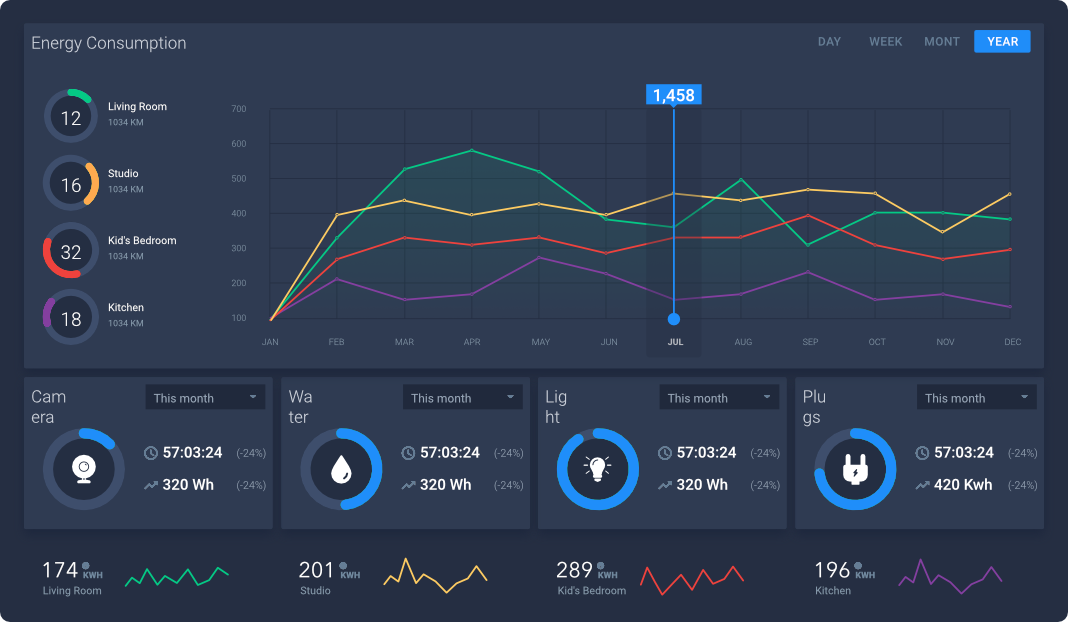What is Reliability| Reliability Engineer | Types Of Maintenance

What is Reliability| Reliability Engineer | Types Of Maintenance
What is Reliability
Even though there’s a consensus that reliability is an important attribute of a product, there are many definitions of reliability.
Definition of Reliability
The dictionary’s definition of reliability as a noun is the state of being reliable and as an adjective, something that could be relied upon or is dependable.
British Standard Bs 4778 defines reliability as the ability of an item to perform a required function under stated conditions for a stated period of time.
In a similar way, ISO 8042 defines it as the ability of an item to perform a required function under given environmental and operational conditions and for a stated period of time.
💥🎁 Christmas & Year-End Deals On Amazon !
Don't miss out on the best discounts and top-rated products available right now!
🛒 Shop Now and Save Big Today!*As an Amazon Associate, I earn from qualifying purchases.
When we talk about reliability, we’re talking about the future performance or behavior of a product. We’re referring to how dependable the product will be in the future; Reliability relates to time performance.
Many other definitions for reliability, which have been used in the past directly relate to dependability in the context of the application.
We see that in many applications where the definition of reliability is given, it’s usually defined, measured, tested, and sustained with field data.
The future performance of some products may be uncertain. This is why we can consider the future performance of a product as a random variable and the mathematical theory of probability and statistics can be used to qualify the uncertainty of the future performance of the product.
Reliability then needs both probability and statistics in order to be estimated.
💥🎁 Christmas & Year-End Deals On Amazon !
Don't miss out on the best discounts and top-rated products available right now!
🛒 Shop Now and Save Big Today!*As an Amazon Associate, I earn from qualifying purchases.
Phrases such as performs satisfactorily and functions normally suggest that a product must function within certain performance limits in order to be reliable.
Phrases such as under specified operating conditions and when used according to specified conditions imply that reliability is dependent upon the surroundings and application conditions in which a product is being used.
Finally, the terms within a given period of time and the expected lifetime indicate that a product must properly function for a certain period of time.
Reliability Engineer
What do reliability engineers do?
The reliability engineer works in the reliability, engineering, or maintenance departments that have found in a plant.
Their focus is to ensure that the state of the equipment is correctly monitored on the maintenance activities of fully planned, so that the reliability of the plant improves in the maintenance costs are reduced
💥🎁 Christmas & Year-End Deals On Amazon !
Don't miss out on the best discounts and top-rated products available right now!
🛒 Shop Now and Save Big Today!*As an Amazon Associate, I earn from qualifying purchases.
For a manufacturer or product producer, to maximize its profits, it needs to optimize the number of products that it can produce at the lowest possible cost of production.
Optimization of manufacturing is achieved by ensuring that the throughput of the plant is as close to the design capacity on a consistent basis, without pushing the plant to the extreme such that the equipment life is cut short.
The plant runs for us many hours, is possible through the year, and has stopped for annual maintenance has planned rather than waiting for a failure to happen and then fix it.
Many companies have adapted their engineering maintenance departments to become focused on reliability instead of maintenance, ensuring that they predict a failure before it happens and taking the corrective measurements such as repair or replacement of the equipment Prior to failure.
What is the primary purpose of a reliability engineer?
To analyze assets performance in state in order to establish proactive and reactive actions required to reach a predetermined level of production and long-term production plan
💥🎁 Christmas & Year-End Deals On Amazon !
Don't miss out on the best discounts and top-rated products available right now!
🛒 Shop Now and Save Big Today!*As an Amazon Associate, I earn from qualifying purchases.
To identify and manage asset reliability risks that could adversely affect the plant?
This includes but is not limited to
- Equipment refurbishment
- upgrades Redesigned to be in line with latest technology developments,
- Reliability Centered Maintenance (RCM) maintenance plan revisions,
- evaluation of risks in their management,
- Maintenance systems analysis and
- Improvement to support operational excellence and ensure the reliability of the plant.
- Loss elimination
- Risk Management and
- Lifecycle Asset Management
What are the core components required to ensure that the primary purpose is achieved?
- Develop a reliability strategy.
- Implement systems to measure performance, formulate, and implement the best maintenance practices.
- Audit and analyze performance plant and machinery availability I e. Reliability of assets To improve uptime,
- investigate all root causes of plant and machinery breakdowns.
- Facilitate projects to eliminate, identify defects,
- Implement conditions, monitoring up the skill, and motivate employees.
- Control the budget efficiently to achieve plant cost saving
What motivates and drives a reliability engineer
- Finding simple solutions to chronic and complex problems. They enjoy optimizing the performance of physical assets and costs, driven by the opportunity to transform chaos into order.
- Deriving value out of research, data mining, and analysis.
- An environment that encourages out of the box thinking and supports autonomy and job execution.
To become a reliability engineer, what education and skills will you need?
- Earn a degree in engineering reliability Engineering.
- Cover most disciplines of engineering, mechanical, electrical, electron, ICS, industrial engineering, etcetera.
- The type of engineering degree you’ll need will be one that’s relevant to your employer’s area of operations. For example, if your future employer is a producer of any type of mechanical components, you would more than likely need a mechanical engineering degree.
Other Key skills for Reliability Engineer include;
- Critical thinking
- Knowledge of the equipment and maintenance processes,
- Electrical and mechanical skills
- Data analysis skills,
- Project management,
- Machine design
